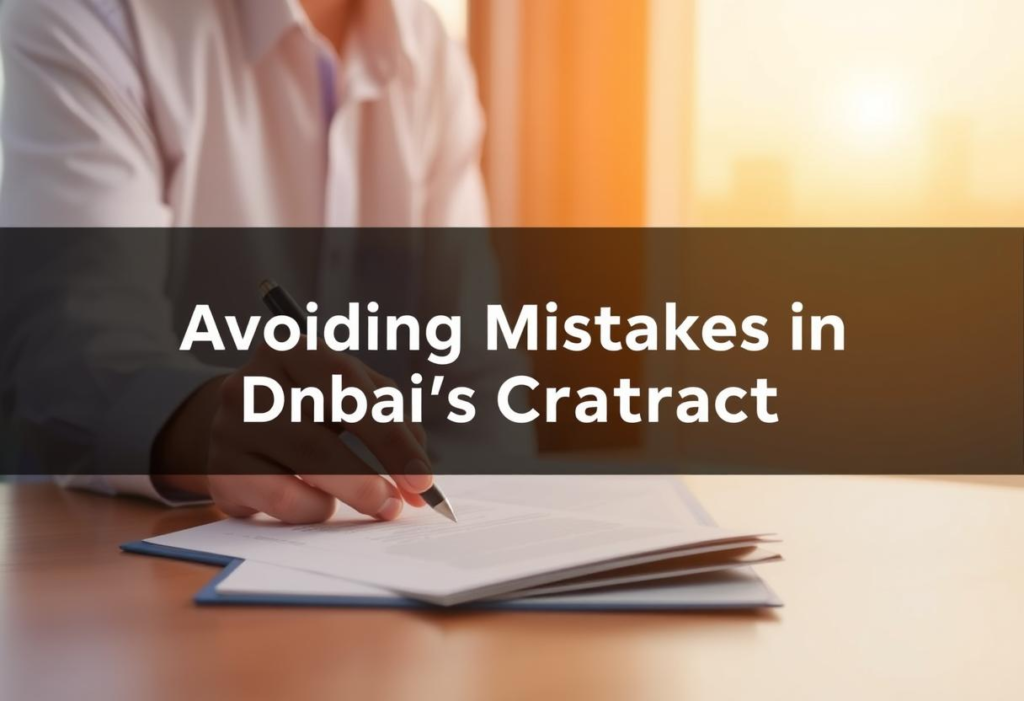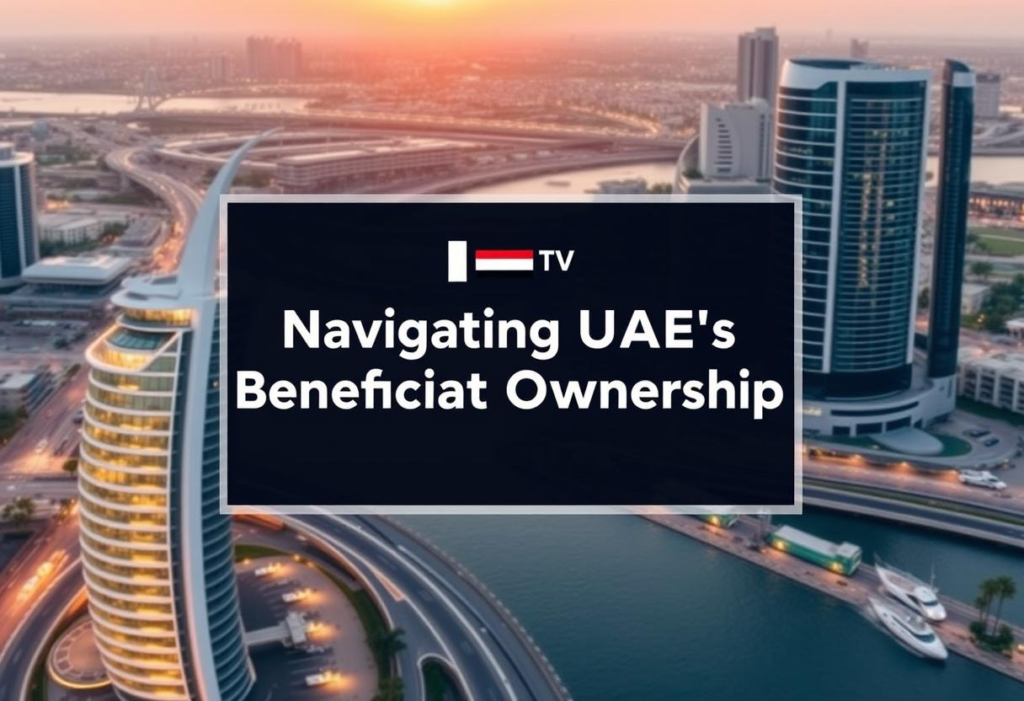When it comes to construction in the UAE, disputes are almost inevitable due to the scale and complexity of projects. Here’s how arbitration and court litigation can help you find a resolution.
- Construction projects often hit snags such as delays, payment issues, or contract breaches.
- In the UAE, arbitration offers confidentiality, flexibility, and international enforceability but can be costly and has limited appeal options.
- Court litigation is more accessible and cost-effective for smaller disputes, offering room for appeals but can be public and time-consuming.
- Choosing between arbitration and litigation depends on factors like the nature of the dispute, confidentiality needs, and enforcement requirements.
Construction projects in the UAE are massive undertakings that frequently encounter disputes. These can arise from various issues, whether it’s a delay due to unforeseen circumstances, disagreements over payments, or breaches of contract terms. When such problems occur, resolving them efficiently is key to keeping the project on track.
Arbitration is one option available and involves resolving disputes privately by one or more arbitrators. This method is governed by the UAE Federal Law No. 6 of 2018. A significant advantage of arbitration is its confidentiality, which safeguards sensitive business information. Furthermore, you can choose arbitrators with specific industry knowledge, ensuring expertise in handling the dispute at hand. Arbitration also allows parties to tailor procedures to meet their needs and offers an enforceable award recognized internationally under the New York Convention. Yet, the costs of arbitration can be high, especially if multiple arbitrators are involved or if the process extends over time. Additionally, arbitration awards are final and binding, providing limited room for appeal, a factor that must be weighed carefully.
On the other hand, there’s court litigation, which is part of the UAE judiciary system and is primarily guided by the UAE Civil Procedures Law. The courts are accessible to everyone involved and may be more cost-effective for less complex disputes. They also provide an established avenue for appeals, which is an essential feature for parties who might not be satisfied with initial outcomes. However, court cases tend to be public, which might not suit all circumstances especially those requiring discretion. Additionally, the legal proceedings can be lengthy, owing to numerous procedural formalities. Furthermore, enforcing a ruling outside the UAE might present challenges that require careful consideration.
Choosing the right path to resolve your construction dispute involves multiple considerations. Complex issues may benefit from the expertise of arbitrators, while litigation offers a more accessible route for simpler disputes. If privacy is important, arbitration’s confidentiality might tip the scale in its favor. Consider the costs and time involved in both options, and if international enforcement is crucial, arbitration may provide better prospects. Checking your contract’s dispute resolution clause can also offer guidance on the chosen method.
Navigating construction disputes requires expert legal advice, especially in understanding the nuances of arbitration versus litigation. A legal counsel can offer strategic insights that cater to the particular needs of your case, helping you achieve a favorable outcome.
Whether through arbitration or litigation, understanding their methods empowers you to safeguard your construction project effectively.


